
BogdanBrasoveanu/iStock/Getty Images
Men who suffer from digestive irregularities or are looking to increase their fiber intake may turn to fiber supplements to enhance their health. Various popular fiber supplements can either contain natural or synthetic and soluble or insoluble fiber; you may use them for different purposes, so knowing the differences can help you make an informed decision as to which one is right for you. The proper fiber supplement may assist your digestive system by preventing constipation, mild diarrhea and intestinal gas.
Natural Soluble Fiber
Soluble fiber slows the movement of food through the digestive system and adds bulk to your diet, so it can help you feel full more quickly. It may help prevent both constipation and diarrhea, but it can cause intestinal gas. Foods like oat bran, nuts, peas and beans contain soluble fiber. This type of fiber may also aid in lowering your cholesterol levels. Popular natural soluble fiber supplements include Metamucil and Benefiber.
Metamucil is a psyllium-based fiber that absorbs excess water in the digestive system, preventing diarrhea, and helps treat occasional digestive irregularities. You should not take Metamucil for more than one week, or if you experience nausea, stomach pain or trouble swallowing while taking the supplement.
Benefiber, a wheat-based fiber is both tasteless and sugar-free, dissolves easily so you may mix it in various liquids for consumption. It is a non-thickening supplement and considered gluten-free, but individuals with gluten intolerance should still consult their doctor before consuming Benefiber. Benefiber is available in powder, chewable, and capsule form. Unlike Metamucil, Benefiber contains no known side effects and has no known side effects.
Synthesized Soluble Fiber
Synthesized soluble fiber supplements provide the benefits of natural soluble fiber but often without intestinal-gas side effects. Citrucel is a popular synthesized soluble fiber supplement. Like Metamucil, Citrucel absorbs water in the intestine and adds bulk to your diet while softening stool. It can treat irregularity and constipation and is available in powder and capsule forms. Nausea, vomiting and trouble swallowing are known side effects of Citrucel.
Natural Insoluble Fiber
Insoluble fiber, found in whole grain and vegetables, adds bulk to your diet and and prevents constipation but, unlike soluble fiber, it speeds up the digestive process, helping your body pass food more quickly. Also unlike soluble fiber, insoluble fiber supplements generally produce little or no gas and contain no calories. Unifiber is a powdered cellulose-based natural insoluble fiber supplement, and is the only completely insoluble fiber product. It is a sodium, calcium and gluten-free product and has no known side effects. Individuals most commonly use Unifiber as a laxative to address constipation.
Warning
Consult your doctor before beginning any nutritional supplement to prevent possible health problems.
Related Articles

Metamucil Clear & Natural

Does Benefiber Lower Cholesterol?
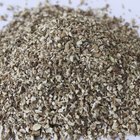
Dandelion Root for Reduced Acne Symptoms
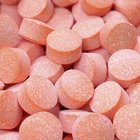
Benefiber Ingredients
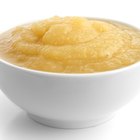
Benefiber as an Appetite Suppressant

Metamucil Dosage for Cats

Are Strawberry Seeds & Flax Seeds ...

Is Allantoin a Relative of the Lanolin ...
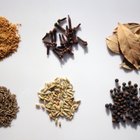
Fiber Sure by Metamucil Ingredients
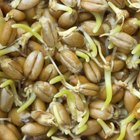
Differences Between Brewer's Yeast & ...

Psyllium Husk & Gluten
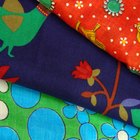
What Is Arnel Vintage Material Fabric?

What Is Dye Made From?

What Is the Difference Between Roughage ...
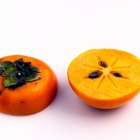
What Are the Benefits of Persimmons?

Golden Flax Seed Vs. Dark Flax Seed

Gluten- and Wheat-Free Fiber Supplements

Vitamins for Mental Alertness
Is Nutritional Yeast Gluten Free?

Viviscal Ingredients
References
Writer Bio
Daniel Hyman began writing professionally in 2008. A LIVESTRONG.COM and eHow contributor, he is pursuing a Bachelor of Science in political science at the University of Texas. Also, as a former National Academy of Sports Medicine certified personal trainer, he has extensive knowledge of health and fitness.
Photo Credits
BogdanBrasoveanu/iStock/Getty Images